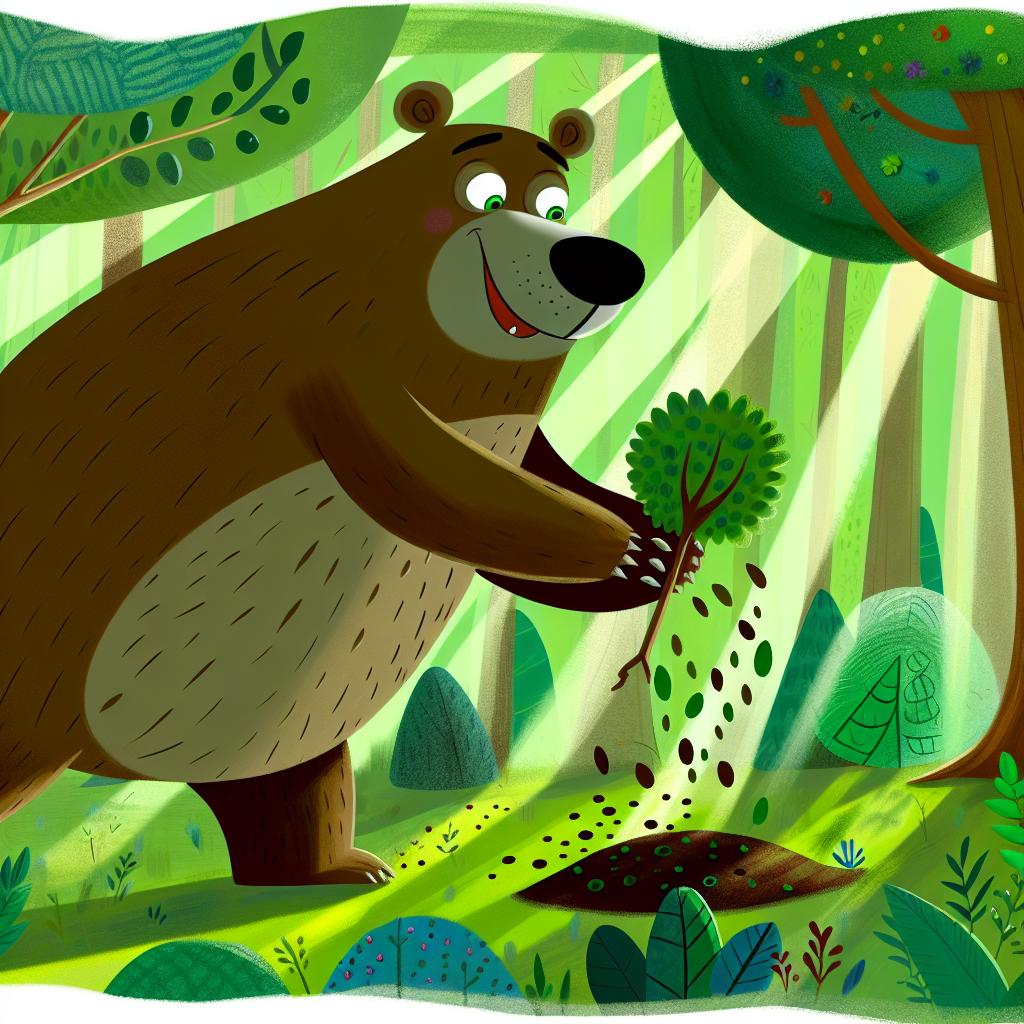The Role of Bears in Seed Dispersal
Bears play a significant role in the ecosystem, particularly in seed dispersal. As omnivorous mammals, they consume a variety of fruits and berries, which contain seeds. When these fruits pass through the bear’s digestive system, the seeds are often deposited far from the parent plant, along with a ready-made package of nutrients in the form of the bear’s feces.
Why Seed Dispersal Matters
Seed dispersal is crucial for the propagation of plants, as it reduces competition among seedlings and promotes genetic diversity. By aiding in this process, bears contribute to the maintenance of diverse and healthy forest ecosystems. They act as natural gardeners, helping to ensure new plant growth in varying locations.
Mechanisms of Seed Dispersal by Bears
Bears typically ingest large quantities of fruits and berries when they are in season. The seeds of these fruits often remain intact as they pass through the bear’s digestive tract. When bears excrete these seeds, the process facilitates their germination by burying them slightly in the soil and providing them with a nutrient-rich environment, thanks to the fecal matter.
Impact on Forest Composition
Through their feeding habits, bears have the potential to influence forest composition over time. They assist in the spread of certain plant species, which can affect the ecological balance within the forest. This ability to shape plant community dynamics is a testament to their importance in forest ecosystems.
Interactions with Other Wildlife
Bear-facilitated seed dispersal also has implications for other wildlife. By promoting plant diversity, bears indirectly support various fauna that rely on these plants for food and shelter. This interconnectedness underscores the critical role that bears play in maintaining biodiversity within their habitats.
Conservation Implications
Understanding the ecological role of bears in seed dispersal highlights the importance of their conservation. Protecting bear populations not only helps ensure the survival of these majestic creatures but also supports the overall health of forest ecosystems.
For more on the ecological role of bears, you can read further on their implications for biodiversity at the World Wildlife Fund website.
Bears, through their natural behaviors, help shape the landscapes they inhabit, proving their significance goes beyond mere forest residents to integral guardians of forest ecosystems.

